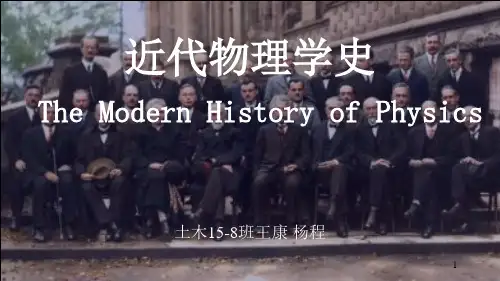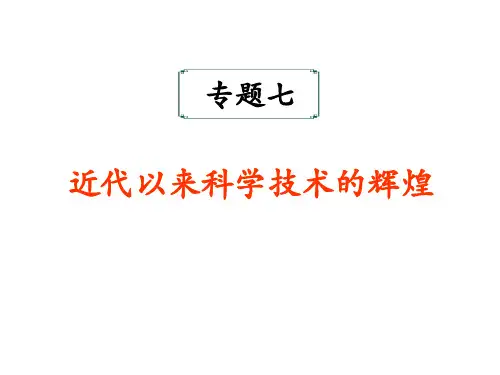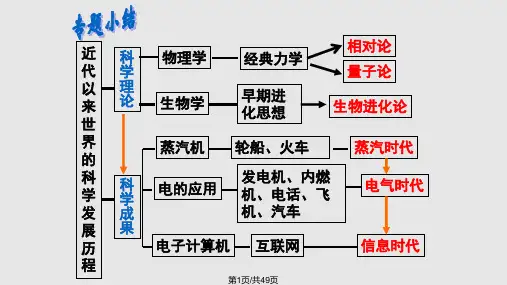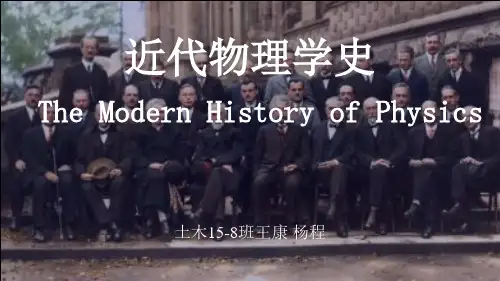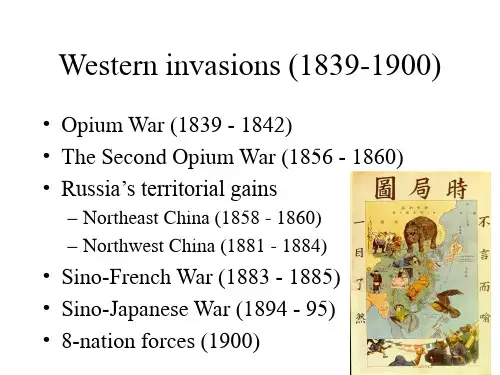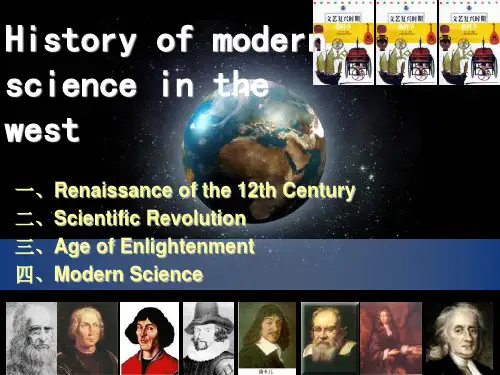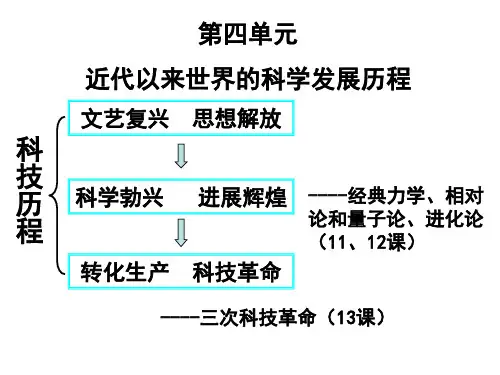James Hutton, the father of modern geology
Political science
• In the 20th century, the study of ideology, behaviouralism and international relations led to a multitude of 'pol-sci' subdisciplines including rational choice theory, voting theory, game theory (also used in economics), psephology, political geography/geopolitics, political psychology/political sociology, political economy, policy analysis, public administration, comparative political analysis and peace studies/conflict analysis.
Scientific revolution
• The scientific revolution was the emergence of modern science during the early modern period, when developments in mathematics, physics, astronomy, biology (including human anatomy) and chemistry transformed views of society and nature.[1][2][3][4][5][6][7] According to traditional accounts, the scientific revolution began in Europe towards the end of the Renaissance era and continued through the late 18th century, influencing the intellectual social movement known as the Enlightenment.
